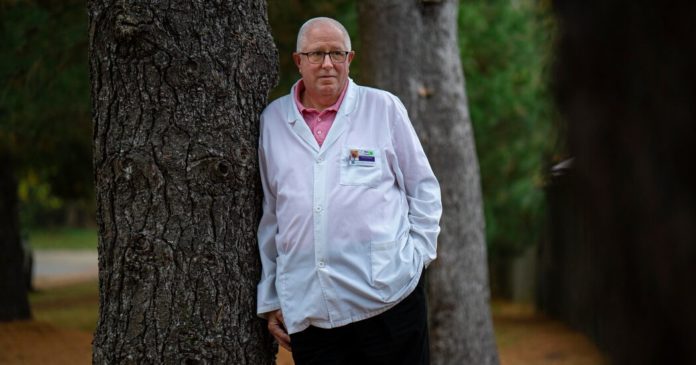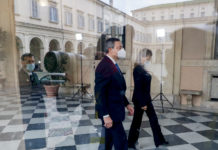Few groups have witnessed more of the virus’s horrors than caregivers — frontline workers who have grappled with the public health crisis while trying to help older people at risk of isolation, distress and, in some cases, death. The deaths of almost 40 percent of all Americans killed by the coronavirus have been linked to nursing homes and similar facilities — indoor spaces crowded with vulnerable adults. The share is even higher in Pennsylvania, where deaths in nursing and personal-care facilities account for close to two-thirds of coronavirus deaths statewide.
In interviews ahead of the election with more than a dozen caregivers in Pennsylvania, one of the country’s most important battleground states, they described how their experiences are shaping their political outlooks. It has hardened some convictions and transformed some caretakers, otherwise apolitical, into activists. It has forced others to reassess their beliefs about American exceptionalism, the role of government in their lives and their industry, and their decision about whom to vote for in November.
“Nine months ago, I would have told you that I was 100 percent behind Trump,” Bob Lohoefer, a nursing director in Philadelphia and a lifelong Republican, said of the president. “But as a result of Covid, I’m not 100 percent sure where I stand now.”
The problems Pennsylvania has encountered are emblematic of the nation as a whole: There were struggles to procure personal protective equipment, difficulties with rapid testing, staffing shortages, disagreements between local, state and federal government agencies and new rules piled onto an already heavily regulated industry.
“If you don’t see it, you really don’t understand how difficult it is,” said Louise Santee, a longtime caregiver who brought a curling iron to work to calm a resident who could not understand why she could no longer go to the hairdresser. “It is truly heart-wrenching when you see what this has done to our people.”
Source : Nytimes













